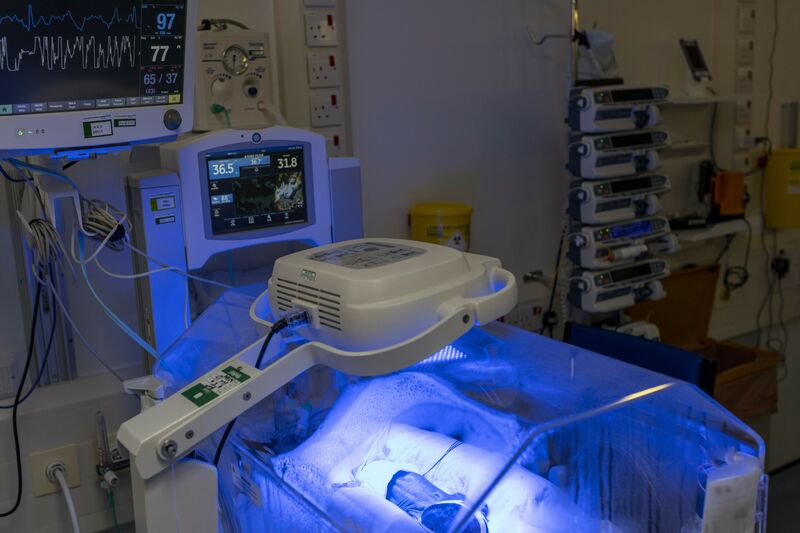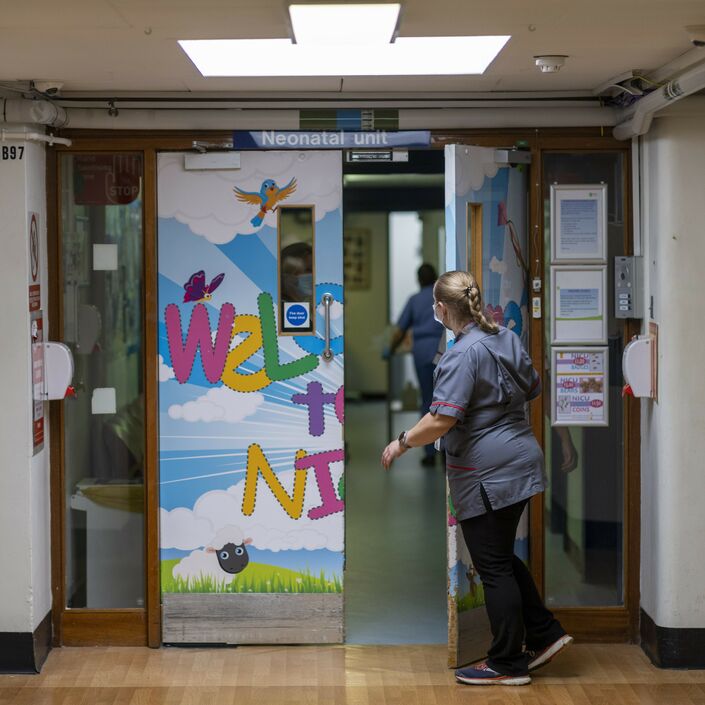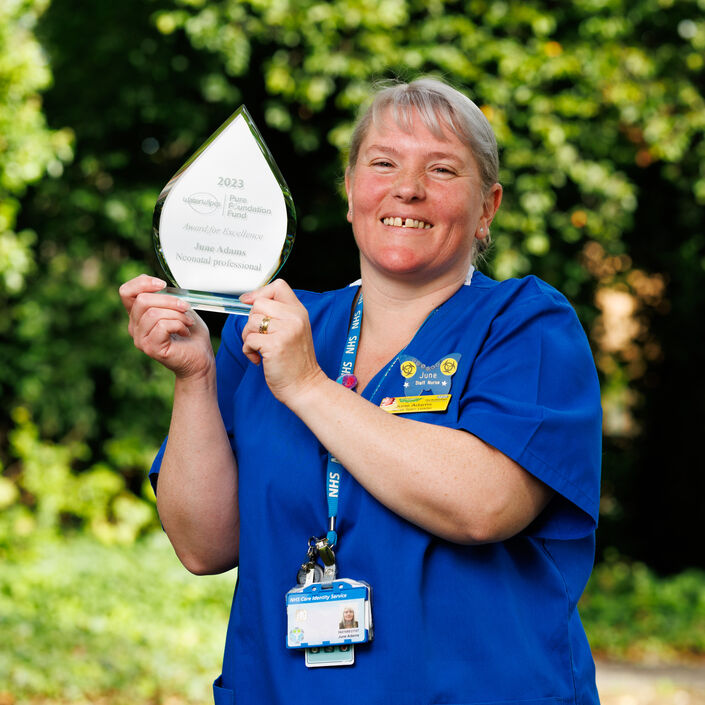Around 700,000 babies are born every year in the UK, and around 3,500 of these babies die before, during or shortly after birth. The most recent figures show that even though the overall proportion of babies dying has reduced over the past five years, there are still big differences in the proportion of babies from different ethnic groups who are dying. Among all the ethnic groups, Black babies now have the highest rate of stillbirths and deaths in the first 28 days after birth, and Asian babies are over one and a half times more likely to be stillborn or die within the first 28 days after birth than white babies.
MBRRACE-UK’s enquiries sought to review the quality of care received by white, Asian and Black women who had a baby who died within 28 days of birth or were stillborn, through examining their medical notes.
The first report looked at the pregnancies of 34 Asian women and 35 white women in 2019, and the second looked at the pregnancies of 36 Black women and 35 white women in 2019.
They found:
- Of the babies who died in the neonatal period – within 28 days of birth – care of the baby after birth was assessed as poor across all ethnic groups reviewed
- Improvements in care were identified which may have made a difference to the outcome of the baby for 26% of Asian women, 42% of Black women and 49% of white women.
- When a woman’s first language wasn’t English, and she needed an interpreter, this was often absent and contributed to the poor outcome for some babies
- By far the most common issue identified for all babies was around clinical management, particularly resuscitation and early thermal care, but also delays in commencing antibiotic treatment for suspected sepsis. This was compounded in several cases by a failure to seek or have access to prompt senior support.
- A lack of team leadership, including stepping back to obtain a ‘helicopter view’ of the case or expediting specialist referral was felt to have contributed significantly to the outcome in several cases. There were also numerous instances of poor documentation (including prescribing).
Caroline Lee-Davey, Chief Executive of Bliss, said: “This report makes for devastating reading. In addition to highlighting the need for substantial improvements to the care of Black and Asian women and babies to address the disproportionately high rates of perinatal mortality in these groups, it also shows where better neonatal care across the board would have made a difference to the lives and outcomes of Black, Asian and white babies. The failure to provide the best care to these babies and their mothers is completely shocking and must be addressed urgently.
“All babies in neonatal care deserve an equal chance of survival and quality of life. It is imperative that the Government and NHS bodies urgently take on board the recommendations made in these reports, to address both the need for improvements in neonatal care for all babies, as well as specific improvements in the care of Black and Asian women and babies to ensure they receive care tailored to their needs.
“There are many barriers to neonatal care, and for non-English speaking parents, it is essential that interpreters are provided so they can be an advocate for themselves and their baby.”
“Bliss also supports the need to identify, record, and respond to the language needs of mothers and develop a UK-wide specification for identifying and recording the number and nature of social risk factors, updated throughout the perinatal care pathway, in order to offer appropriate enhanced support and referral.”
The National Perinatal Mortality Review Tool, delivered by the MBRRACE-UK/PMRT collaboration, also released their fifth annual report today. It presented findings of perinatal mortality reviews completed from March 2022 to February 2023.
Four out of 20 reviews identified at least one issue with care that may have made a difference to the outcome for the baby, including in the neonatal care that babies received, and over 19 out of 20 reviews identified areas for improvement.
The findings demonstrate the need for more to be done to advance quality improvement activities implemented as a result of these reviews.


